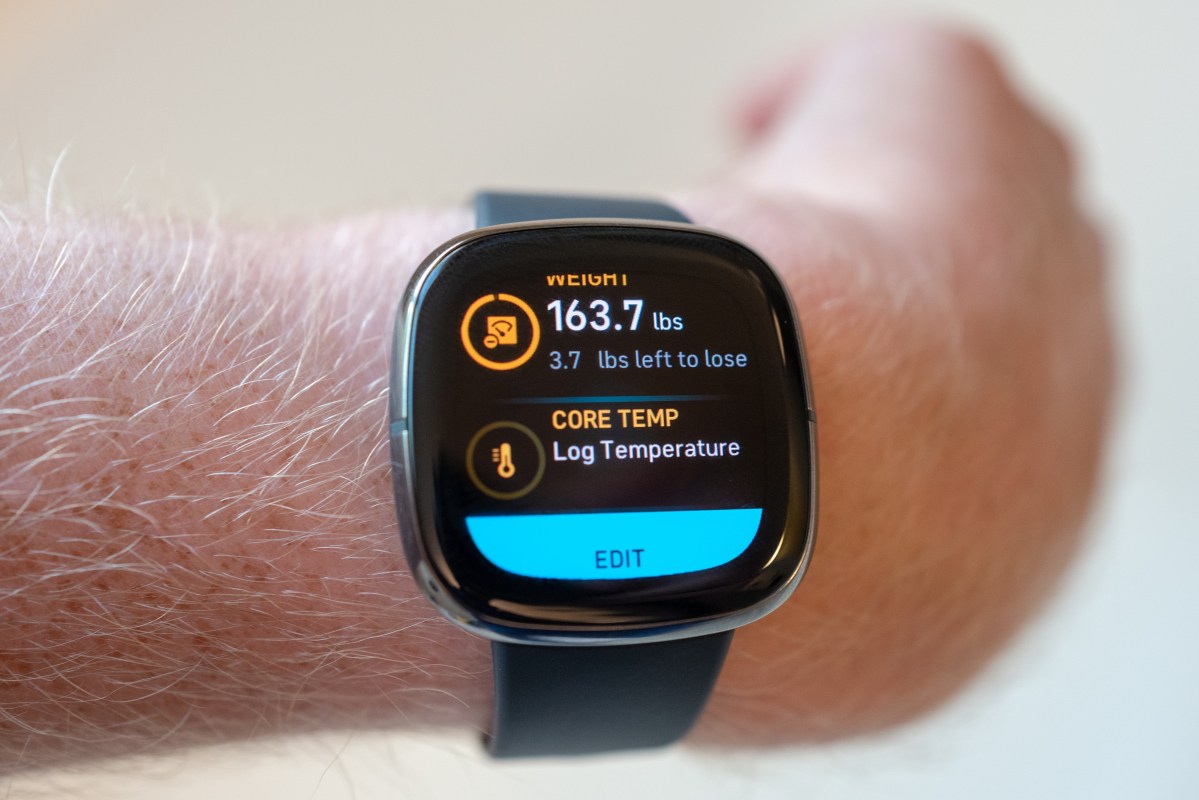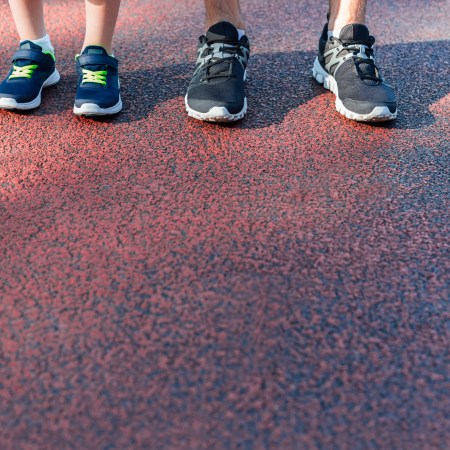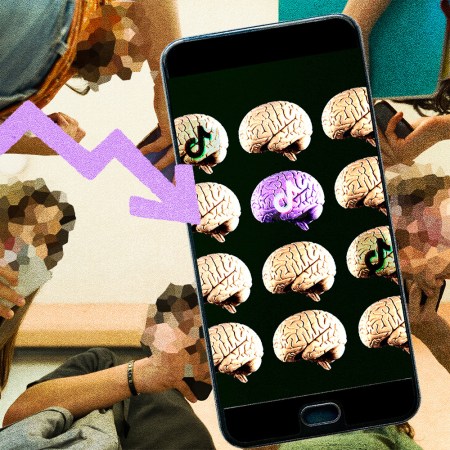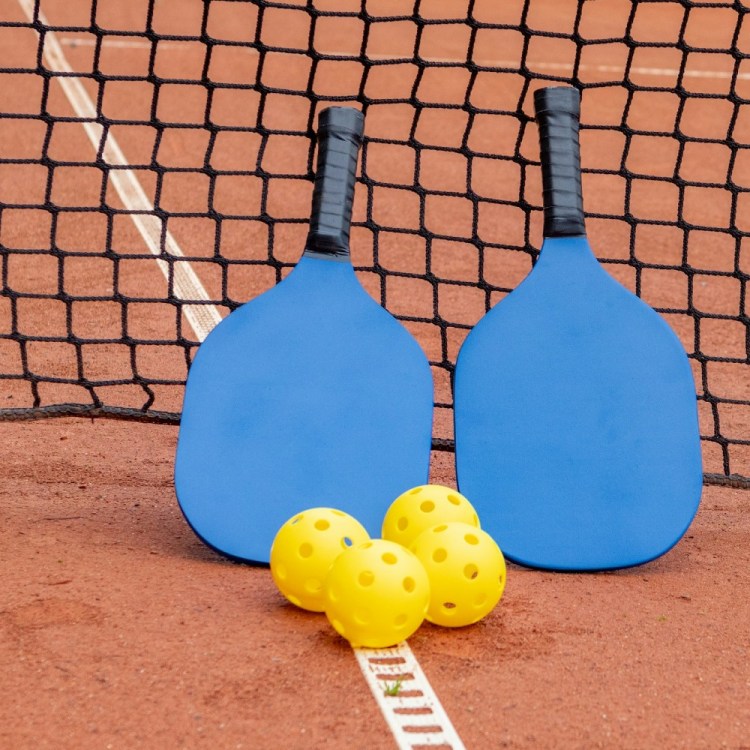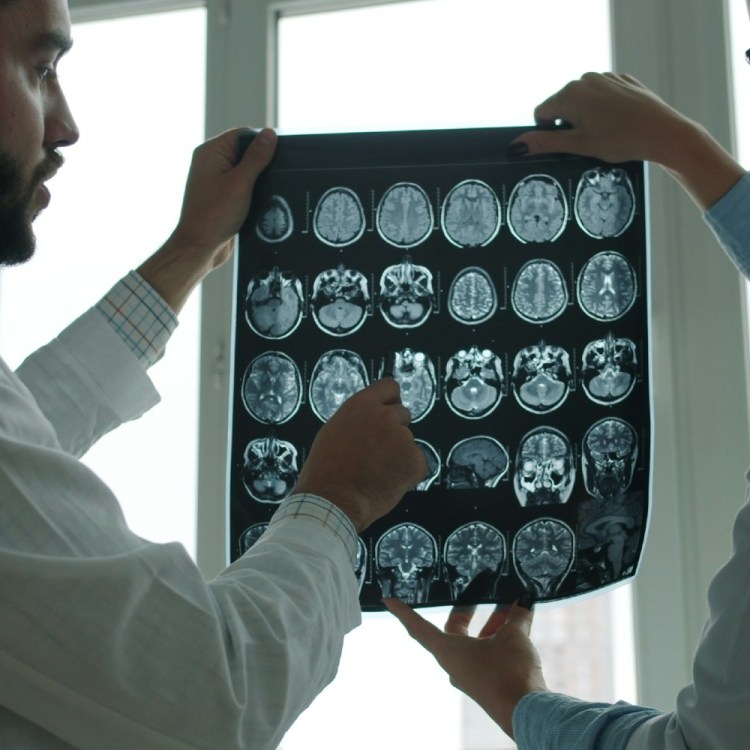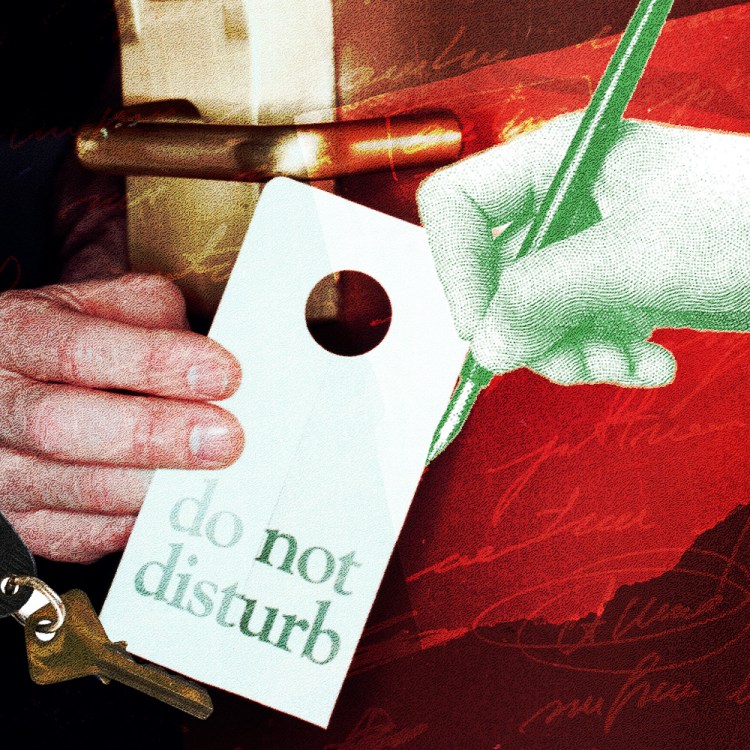I like to comb through my Health app’s biometrics after waking up, to get a statistical read on how I slept. More often than that not, I’ll be happy with what I see and start my day. But sometimes — despite feeling relatively refreshed — I’ll latch on to a little detail and frown.
Like: an elevated respiratory rate, or a dip in REM sleep. It’s enough for me to wonder if it’s going to impact my writing and/or running in the day ahead. And on days where I didn’t sleep well at all (like after a big night out) forget about it. It’s definitely on my mind.
The Sport of Spacing Out
Ready, set, relax: in Asian countries, thousands of burnt-out adults now gather for competitions to do as little as possibleWhat’s the “Nocebo” Effect?
This phenomenon is known as “nocebo” (or “nocebo effect”). It’s not a pun on “placebo,” but an actual Latin word: “I shall harm.” It refers to any instance where negative feedback makes one less confident about his or her health. A nocebo effect is capable of superseding however someone really feels in a given moment, and even exacerbating symptoms.
In my case, it means that whatever aches or grogginess I register after a night on town feel magnified once I receive confirmation that yes, I have aches and grogginess. There have been times, too, when I felt surprisingly okay the morning after a soccer game, or staying up late to work. But if my wearable is hinting that I should perhaps feel like shit, I sigh and fall in line accordingly.
The Rise of Fitness Tracking
To this point, the conversation around health monitors has been largely positive.
As day-to-day wear has surged into ubiquity — nearly 60 million Americans own one, and demand has gone up at a clip of 10% per year — it’s been customary to laud these devices for their omniscient abilities. They connect civilians to their biometrics at a level and regularity that wasn’t even available to Olympians 25 years ago.
Plus, in the face of longevity threats like heart disease or present-day threats like respiratory illness, wearable devices are an essential tool. They empower their owners to interrogate their own wellness decisions and investigate how those decisions influence monthly and yearly trends. More information, when processed patiently (and shared routinely with medical experts) is an asset.
What to Keep in Mind
But this deluge of information — in which you are naturally very invested — can also prove overwhelming and unhelpful. We’re big fans of brands like WHOOP and Oura, and regularly encourage readers to dig through Apple’s Health app…but you need to be honest with yourself.
If fitness tracking is psychologically increasing your feelings of inadequacy and physically increasing your perception of pain, it’s not worth it. At the least, it’s going to torpedo your performance (at work, in workouts, etc.)
A useful parallel from the sports world: some athletes who repeatedly enter concussion protocol begin to exhibit “poorer neurocognitive performance” the second they’re reminded of how many times they’ve experienced head trauma. It’s a sort of nudge in the wrong direction, which discourages positive thinking.
Obviously, it’s useful to know how alcohol or stress can impact performance the next day. For those who work out frequently, it can be a healthy cue for taking the foot off the pedal. Still, a poor recovery score ideally shouldn’t be received as a death sentence for the following day. Next time your watch points out that you didn’t get enough sleep or steps in, don’t beat yourself up. And if you suspect your numbers might come in a bit lower than usual, say, during a travel or holiday week, feel free to “lose” your charger for a few days.
The Charge will help you move better, think clearer and stay in the game longer. Subscribe to our wellness newsletter today.
